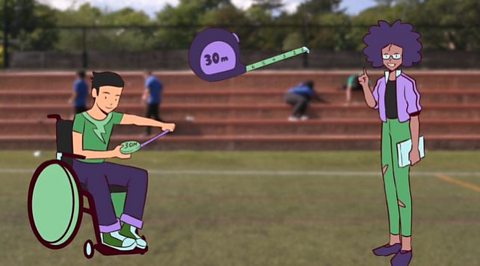Key points
- A hypothesis is an idea about how something works that can be tested using experiments.
- A prediction says what will happen in an experiment if the hypothesis is correct.
Why do scientists ask questions?
To help find things out and solve problems.
Video
Watch this video about how to make a scientific prediction.
While you are watching, look out for how different types of variables are identified and used to make a prediction
Presenter 1: We are going to look at the two words "prediction" and "hypothesis". It's important to know the difference between them.
Presenter 2: A hypothesis is an idea about how something works that can be tested using experiments.
Presenter 1: A prediction is a statement of what we think will happen if the hypothesis is correct.
Presenter 2: So you use your hypothesis to make a prediction.
Student 1: I reckon, because there's more oxygen, it'll last longer. So, I'm thinking maybe 40 seconds?
Presenter 1: Here, my hypothesis is that the more air and oxygen candles have, the longer they stay alight.
Presenter 2: So, if my hypothesis is correct, then my prediction is that candles in larger measuring beakers will burn for longer.
Presenter 1: As the volume of air increases, then the time the candle takes to go out also increases. Our graph shows us the pattern in our results.
Presenter 2: The bigger the measuring beaker, the more air and the longer the candle burnt.
Presenter 1: So, we have seen an experiment looking at how long a candle burns under different beakers.
Presenter 2: We have formed a hypothesis and then we have tested it, looking at the difference between the meaning of the word "hypothesis" and the word "prediction".
What's the question?
Science is all about asking questions and then trying to find answers to them. For example:
- Why are there so many different animals on Earth?
- Why is the sky blue?
- Will humans need to live on the moon?
Science can provide answers to some questions, by using ObservationSomething that can be seen happening. and experiments. Data is collected to help answer these questions.
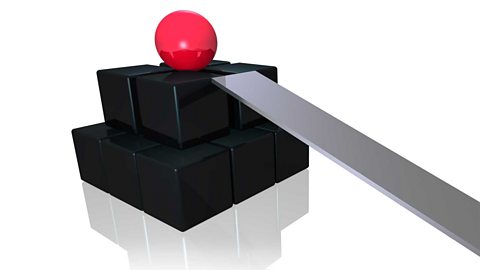
Ideas from observations are developed into questions. For example, it may be thought that a heavy ball would travel faster down a hill than a lighter one. The question would be: âWill a heavy ball travel faster down a hill than a lighter one?â

True or false?
Science can provide answers to all questions.
False. Science canât solve all problems but can help understand more about them.
Scientific method
Scientists test the ideas that they come up with using a scientific methodA way of investigating that involves collecting and analysing data to show whether an idea is right or wrong..
Observations lead to questions and these can be answered using experiments. Then an idea is thought of to help answer the question. This is known as a hypothesisAn idea about how something works that can be tested using experiments..
After this, a predictionA statement that describes what you expect to happen, according to scientific theory, during an experiment. is made. It says what will happen in an experiment if the hypothesis is right.
A prediction suggests a relationship between an independent variableThe variable that is changed during an experiment. and a dependent variableThe variable that is measured in an experiment.. To ensure that only one variable affects the outcome of the experiment, control variableA variable which must be kept the same so that the result of the experiment is not affected. must be identified.
The scientific method
The scientific method is a useful way of guiding scientists through an investigation. A hypothesis is developed from an idea or question based on an observation. A prediction is then made, an experiment carried out to test this, then the results are analysed and conclusions can be drawn.
A prediction suggests that there is a relationship between which two types of variables?
Independent and dependent variables.
Prediction and hypothesis

Below are two examples of a prediction based on a hypothesis:
| Hypothesis 1 | Prediction 1 |
|---|---|
| Sunlight is necessary for seeds to grow. | Seeds grown in bags wrapped in aluminium foil will make shorter plants than seeds grown in bags not wrapped in foil as they can access sunlight. |
| Hypothesis 2 | Prediction 2 |
| Getting less than eight hours sleep will make a teenager less productive. | If the teenager gets eight hours of sleep, then they will be more productive. |

Identify if the following sentence is a hypothesis or a prediction:'Drinking sugary drinks and eating too many sweets make teeth rot more quickly.'
This is a hypothesis. It is an idea based on an observation. A prediction would be that people who eat and drink too much sugar without cleaning their teeth properly will need more visits to the dentist.
Experiment
Activity - The apple experiment
Write a hypothesis and prediction for the apple experiment below, and carry it out to see the results.To help, think what can be used to preserve food, and what might make food go off.
Method:
- Carefully cut an apple into four equal pieces.
- Put each piece in a container (eg a glass tumbler).
- Cover one piece of apple with vinegar, one with lemon juice, one with salt water and leave one with nothing on.
- Leave them for about a week in a cool place, and look at the results.
Expected results:
- Container (vinegar) â the apple will go very brown as vinegar speeds up the oxidation process.
- Container (lemon juice) â the apple should not go very brown as the lemon juice acts as a preservative.
- Container (salt water) â the apple should not go very brown as the salt water acts as a preservative.
- Container (nothing added) â the apple will go a little brown as it reacts with the air.
Test your knowledge
Quiz - Writing a hypothesis and prediction
Did you know?
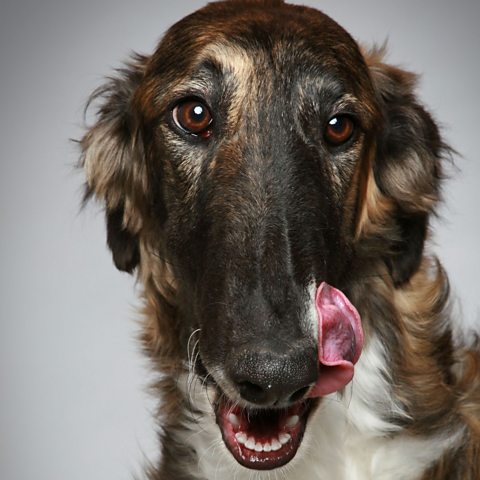
Nobel Prize winner Ivan Pavlov came up with a hypothesis that a hungry dog could be trained to drool when a bell is rung, before being offered any food. He thought that they would associate the sound of the bell with being fed.
He investigated this by sounding a bell before feeding sessions and observing the dogs.
From the data he concluded that a hungry dog would drool on hearing the bell as they linked the sound with mealtimes. This experiment is known as 'Pavlov's Dogs.'

Play the Atomic Labs game! gamePlay the Atomic Labs game!
Try out practical experiments in this KS3 science game.

More on Working scientifically
Find out more by working through a topic
- count4 of 11
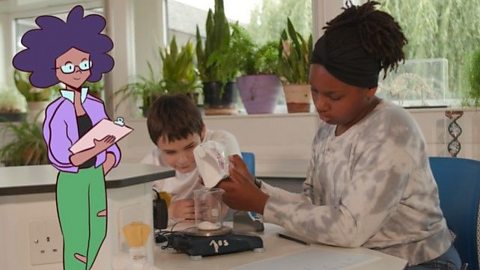
- count5 of 11
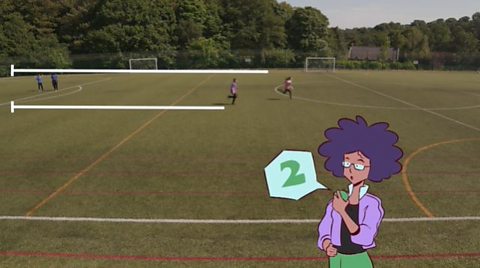
- count6 of 11
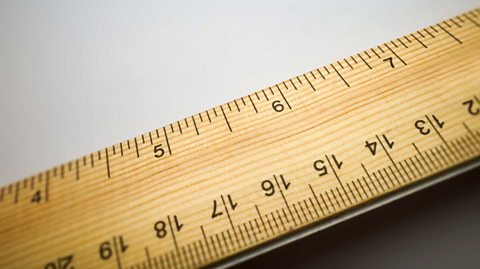
- count7 of 11
